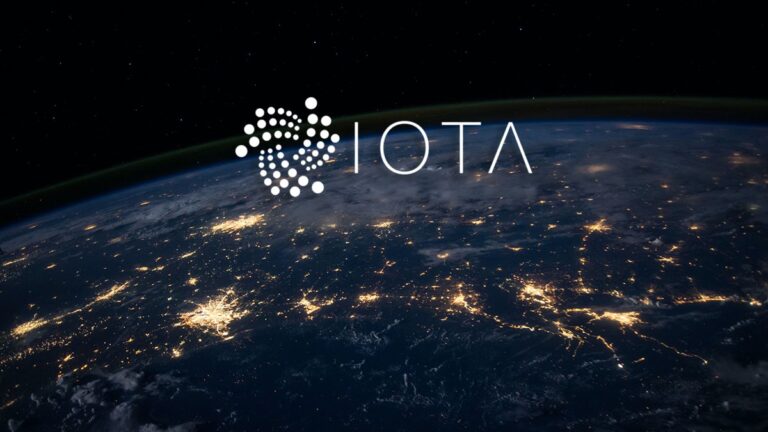Ethereum’s Staking Conundrum: Balancing Centralization and Network Health

- Leading Ethereum staking providers introduce a 22% self-limit to prevent centralization.
- Lido Finance’s non-compliance sparks debates on decentralization and economic incentives.
In the world of blockchain, decentralization is the cornerstone, safeguarding against undue influence and control. Ethereum, a pioneer in this domain, faces a pivotal moment as its staking services confront a critical dilemma—centralization versus network health. Prominent staking providers, including Rocket Pool, StakeWise, Stader Labs, and Diva Staking, have voluntarily imposed a 22% self-limit on their Ethereum staking market share.
Ethereum’s quest for “finality,” a state where transactions become irreversible and fully validated, necessitates a consensus among 66% of validators. Hence, capping any single staking service’s influence at less than 22% ensures that a minimum of four major players must cooperate to finalize transactions. This strategic move fortifies the network’s resilience against malicious activities.
Puffer Finance, another key player in Ethereum’s staking arena, has embraced the call for self-limitation, aligning with the broader goal of averting centralization risks. The idea was initially proposed by Superphiz in May 2022, challenging staking pools to prioritize network health over profits.
However, not all stakeholders share this self-limiting ethos. Lido Finance, currently the largest entity in Ethereum’s staking market with a 32.4% share, voted overwhelmingly (99.81%) against imposing a cap. This stance raises a critical concern, especially since the next largest entity, Coinbase, holds only an 8.7% share of the staking market, as per data from Dune Analytics.
Community Response: A Mixed Bag
Community reactions to this divide have been diverse. An industry commentator known as “Mippo” argues that the 22% self-limit might not align with Ethereum’s principles of “credible neutrality” and “permissionless innovation.” Conversely, some community members express reservations about Lido Finance’s dominant market share, branding it as “disgusting and selfish.”
Ethereum’s staking ecosystem finds itself at a significant juncture. The introduction of a 22% self-imposed limit by multiple staking services signifies a conscientious effort to uphold Ethereum’s decentralized ethos. Nonetheless, Lido Finance’s decision to defy this trend spotlights the intricate interplay between economic incentives and the overarching philosophy of decentralization, presenting a complex challenge for the network’s future.














